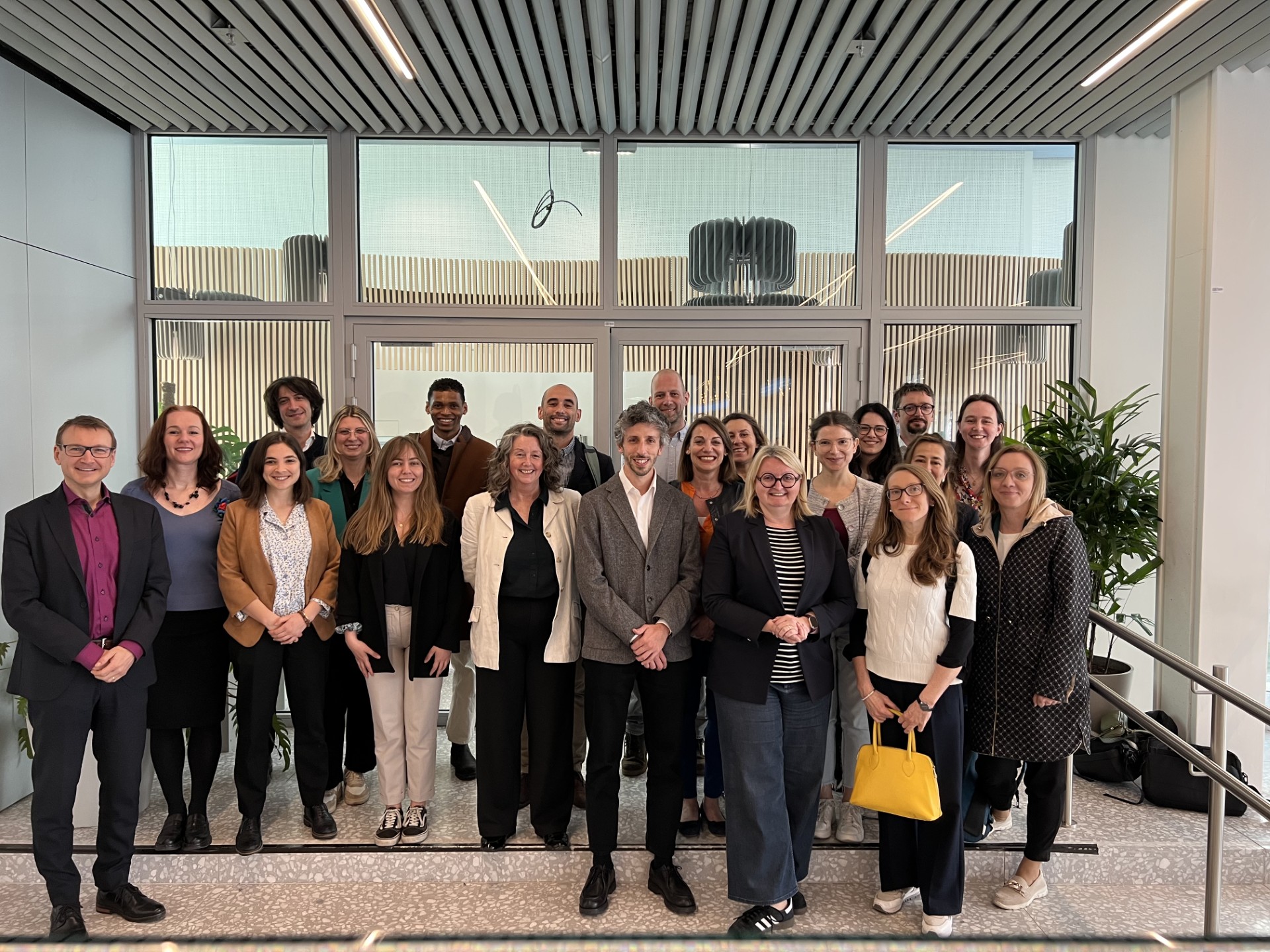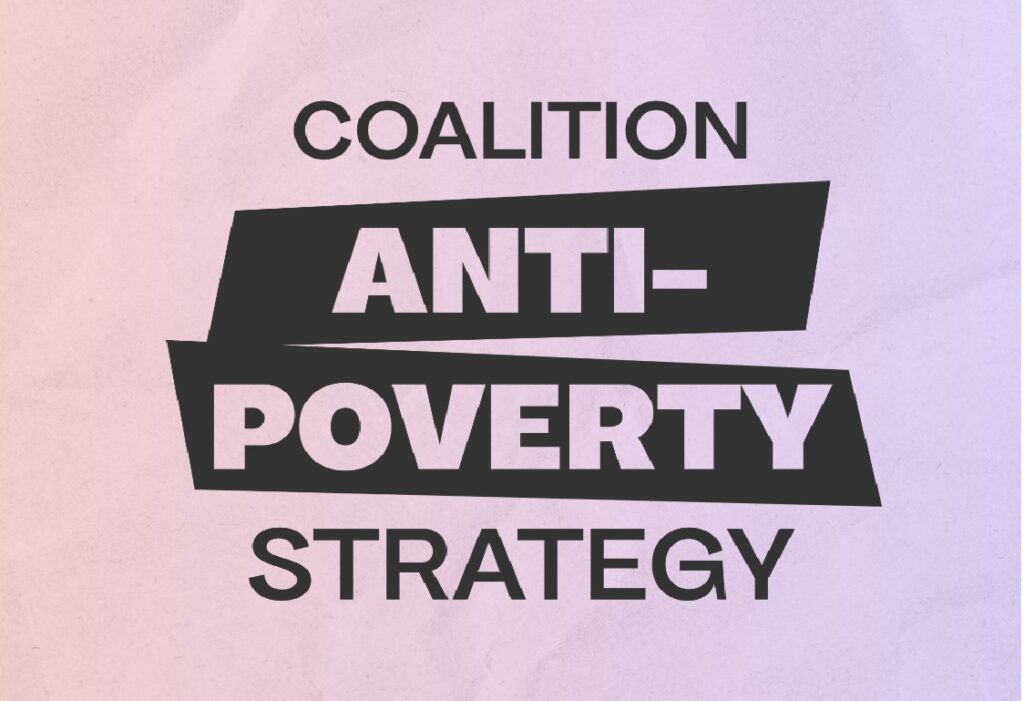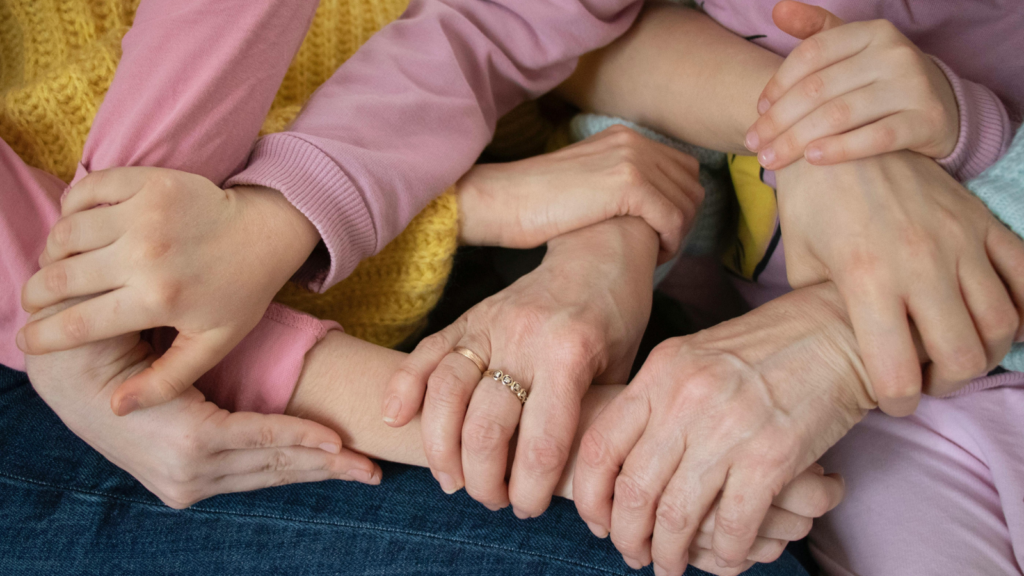Child poverty remains a deep and persistent crisis across Europe, affecting millions of children in every EU country. Growing up in poverty is not just a childhood hardship – it can lead to lifelong inequalities that limit opportunities and weaken the whole society. Adults who experienced child poverty and social exclusion are less likely to be employed, earn 20% less on average, and suffer poorer health, equivalent to losing two weeks of life expectancy each year.
The cost of inaction is staggering. The annual economic burden of childhood disadvantage is estimated at 3.4% of GDP across OECD countries. Economic crises deepen existing inequalities, weaken social cohesion, strain public services, and ultimately undermine Europe’s long-term stability and growth.
Child poverty is a pan-European crisis that reflects systemic failure, with far-reaching socio-economic, health, fiscal, and security consequences. It leads to family separation, placing children in alternative care and perpetuating the cycle of poverty. Addressing this issue is not just a moral responsibility, but an economic and social necessity for a fairer Europe. The EU must act to end child and family poverty, leveraging existing frameworks like the European Child Guarantee and the upcoming revisions to the European Pillar of Social Rights (EPSR) and EU Anti-Poverty Strategy to focus on child poverty’s structural causes.
Policies alone are not enough; adequate funding is essential. The EU’s Multiannual Financial Framework (MFF) is crucial in providing resources to implement these policies, supporting pan-European coordination and financing cross-sector initiatives that national budgets may struggle to sustain.
For this reason, this paper outlines the EU Alliance for Investing in Children’s (Alliance) key recommendations on the European Child Guarantee, EPSR Action Plan, EU Anti-Poverty Strategy, and the MFF. COFACE Families Europe is a member of this alliance, and together we advocate for a bold, integrated, and adequately funded approach to eradicate child poverty.
As highlighted in Executive VicePresident Roxana Mînzatu’s mission letter, strengthening the European Child Guarantee is crucial to ensuring its continued success in providing essential services to children in vulnerable situations. Moreover, the forthcoming revision of the European Pillar of Social Rights (EPSR) Action Plan and the new EU Anti-Poverty Strategy must place child and family poverty at the heart of Europe’s social agenda, adopting an integrated and comprehensive approach that addresses its structural causes.
These messages were presented to the European Commissoin on 11 April 2025, organised by the EU Alliance for Investing in Children with the European Commission’s Directorate-General for Employment, Social Affairs and Inclusion (DG EMPL). The meeting was held in the presence of two senior EU officials, Jiří Švarc and Katarina Ivanković Knežević. It focused on the implementation of the European Child Guarantee and the EU’s upcoming anti-poverty strategy.
COFACE was represented by Research coordinator, Martino Serapioni, who contributed to the discussion by highlighting COFACE’s earlier policy paper quality early childhood education and care.
The meeting marked an important step in ensuring that the voices of civil society are heard in shaping EU policies that affect children and families across Europe.





